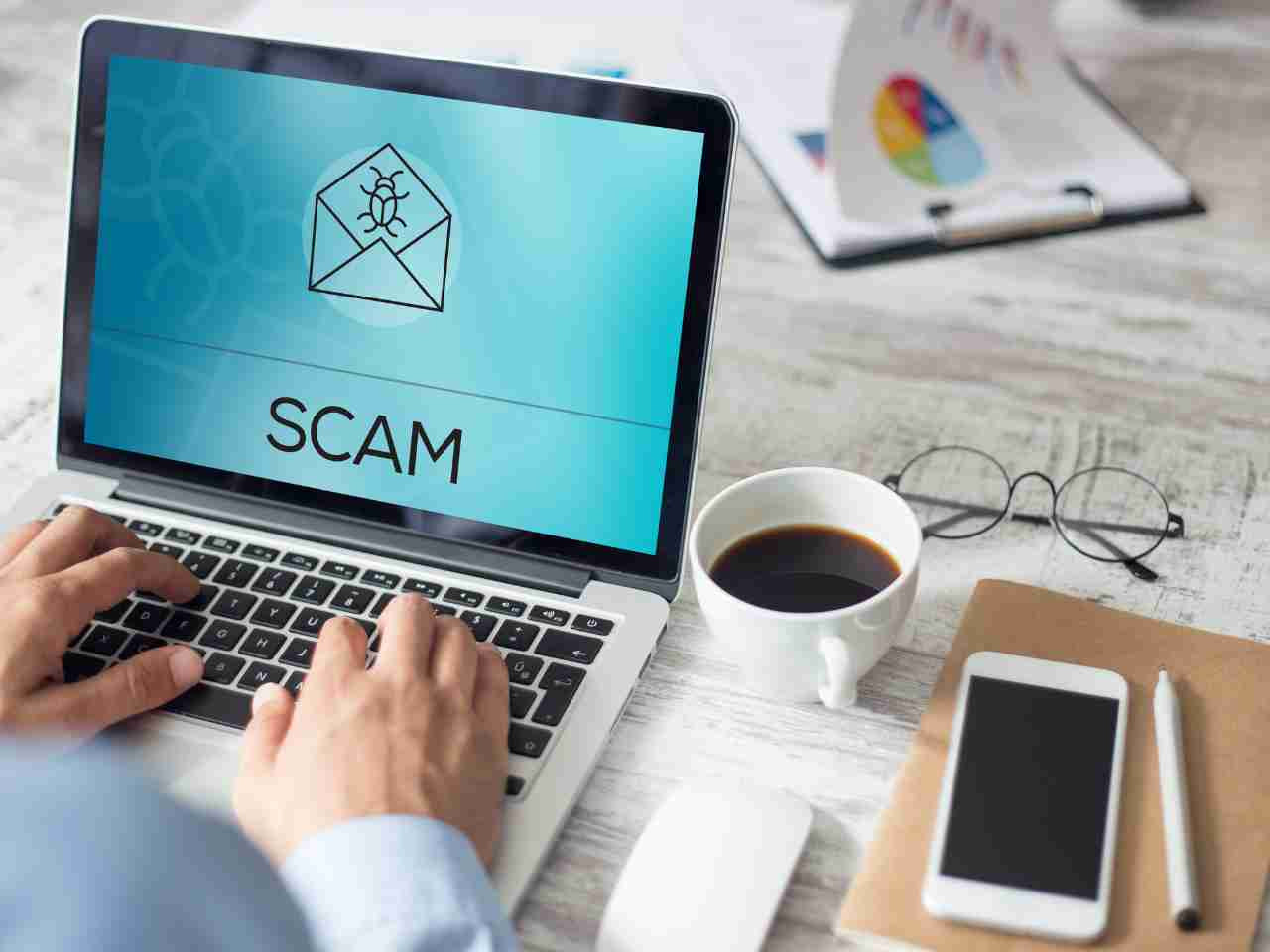Tips & Advice
We are pleased to provide a variety of resources on accounting, taxation and other related subjects that we hope will be helpful to both individuals and businesses. Read through our blog posts below or browse through our Quick Tools resource menu. Have a question that isn’t answered here? We can help. Simply contact us by email or give us a call at 807-276-6272. We would be happy to meet with you for a free, no-obligation consultation.
Disclaimer:
The content provided in this blog is for general informational purposes only and is not intended as professional accounting, tax, or financial advice. While efforts are made to ensure the accuracy and timeliness of the content, errors or omissions may occur. The content does not constitute a client-advisor relationship. Readers should consult with a Chartered Professional Accountants or other financial professional for advice tailored to their specific needs. We are not liable for any actions one might take based on the information provided in this blog.
What Do Christmas Scams Look Like?
During the holiday season, scammers often take advantage of the festive atmosphere and people's increased online activities. Christmas scams can take various forms, but some common tactics include:
- Phishing Emails and Messages:
- Scammers send emails or messages that appear to be from reputable sources, such as shipping companies, retailers, or charities.
- These messages may contain malicious links or attachments that can compromise your personal information or install malware on your device.
- Fake Charities:
- Scammers create fake charity websites or send emails soliciting donations for supposed holiday causes.
- Before donating, verify the legitimacy of the charity by checking their official website or contacting them directly.
- Online Shopping Scams:
- Fake online stores may offer too-good-to-be-true deals on popular holiday items.
- Before making a purchase, research the website, read reviews, and ensure it's a legitimate and secure platform.
- Gift Card Scams:
- Scammers may request payment in the form of gift cards, especially in phishing or tech support scams.
- Legitimate businesses or organizations do not request payment in the form of gift cards.
- Delivery Scams:
- Fraudulent emails or messages claiming to be from delivery services may request additional payment or personal information for the delivery of a package.
- Verify the legitimacy of such messages by checking directly with the delivery service using official contact information.
- Travel Scams:
- Scammers may offer fake travel deals or vacation packages during the holiday season.
- Verify the legitimacy of travel offers by checking with reputable travel agencies or directly on their official websites.
- E-card Scams:
- Beware of unsolicited e-cards or electronic greetings that may contain malware.
- Only open e-cards from trusted sources.
- Social Media Scams:
- Scammers may create fake social media accounts or pages offering holiday giveaways or contests.
- Be cautious about clicking on links or providing personal information in response to social media promotions.
- Tech Support Scams:
- Scammers may call or email claiming to be tech support for popular holiday gadgets or software.
- Legitimate tech support will not contact you unsolicited.
- Fake Job Offers:
- Job scams may increase during the holiday season, with scammers posing as employers offering seasonal work.
- Verify the legitimacy of job offers and be cautious about providing personal information.
To protect yourself from Christmas scams, remain vigilant, be skeptical of unsolicited communications, and verify the legitimacy of websites and offers before taking any action. If something seems suspicious, trust your instincts and investigate further.
Contact our office if you have any questions or think you have been misled at any time.
When you subscribe to the blog, we will send you an e-mail when there are new updates on the site so you wouldn't miss them.

